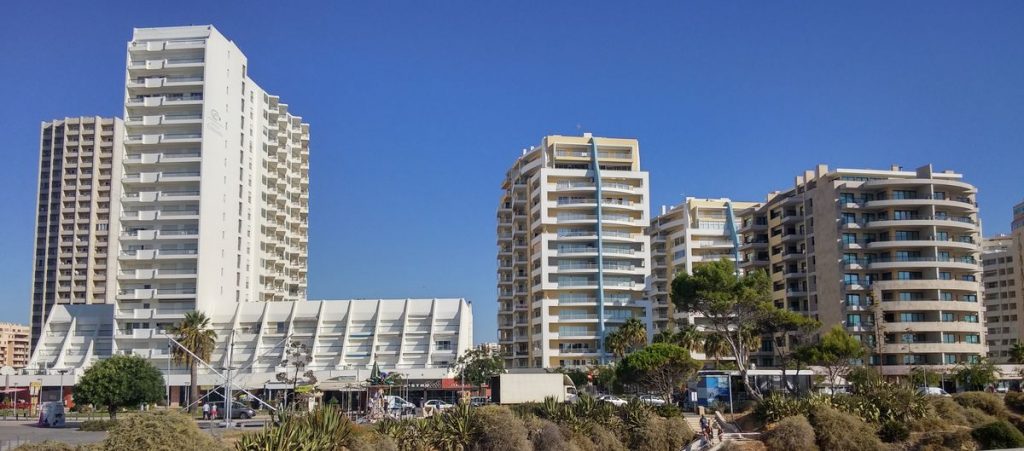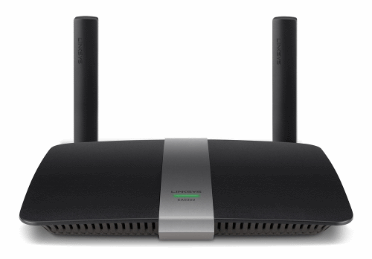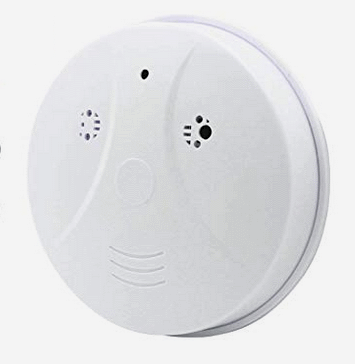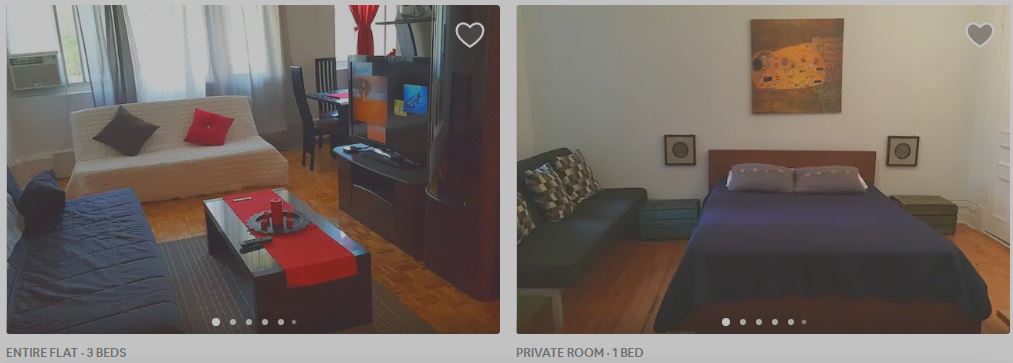Travelers who use accommodation sharing and booking services, like Airbnb or Booking.com knowingly or unknowingly take many risks. Adventures and excitement are part of travel, but when a traveler really needs to rest in a safe haven, nasty surprises are not welcome. Misleading information and on-the-spot extra charges are widely spread practices when booking a private apartment, but two new risks have been discovered: spy cameras in apartments and in-house Wi-Fi access that steals your data.
Making an empty apartment or house available for short-term rental market for tourists is one of the success stories of sharing economy. It is flourishing because of the network effect and mobile applications that allow easy online booking. This is a marvelous concept that I like, among thousands of other travelers.

However, once you discover all the problems that these online booking businesses and private apartments have, it is not a coincidence that many travelers are staying away from these online services, and officials in some countries are taking a close look at their business practices.
I had been trying to nail the fundamental problem of these travel related sharing economy services for a couple years until someone else (I can’t remember who) said it: non-professionals (meaning apartment owners) are providing products to travelers who are expecting professional products and services.
I believe another fundamental problem is hiding here as well. Private accommodation is always booked via a middleman, an agent known as online booking service, like Airbnb or Booking.com. The thing is that the traveler is not their primary customer, but the host. That’s why the booking services favor the host if disputes arise. Additionally, in the travel business, the middleman doesn’t even verify the products it is marketing (some of them verify a few). Booking services have no first-hand evidence what their products are in reality and where they really are located.
This is exactly the same scenario as a real estate agent has: the key priority for an agent is to get as many products (apartments, houses) to the market as possible. Other required things fall in place after that. The customer for a real estate agent is the home owner/seller, not the buyer.
This was just a reminder why many reports from disgruntled travelers indicate that, for instance, Booking.com tries to avoid conflicts with the owner when a traveler reports a problem.
Since any help from an online booking service is unlikely, and it won’t help at the moment when you are in trouble, the best protection for a traveler is to plan ahead and avoid problems caused by booking services altogether.
Should you access the free Wi-Fi network in an Airbnb apartment?
The short answer is: no. Don’t logon to the internet via a Wi-Fi router located in a private apartment that is rented out to strangers. The reason is simple – although an ordinary traveler would never think about it, but a hacker would.

If you are renting an apartment or a house, the Wi-Fi access point (router) must be somewhere inside the house. Maybe it is on a table in the living room, hanging on a wall in the lobby, or in a closet somewhere, but it is usually easy to find. Since you can’t know who has been in the apartment before you, and has had access to the Wi-Fi router, you can’t know what the router really does.
When a hacker gets a computer, like a Wi-Fi router in his hands, nothing is safe in that computer. Instead, it is safe to assume that the computer has been compromised after a hacker has peeked into it. It is true that you probably won’t notice any difference if you access the internet via this kind of Wi-Fi access point. It is also true that you won’t know where your user ids and passwords, credit card numbers, banking credentials and other private data was sent if you used the Wi-Fi router.
Here you can view a video where Jeremy Galloway explains at a hacker conference how Wi-Fi access points are compromised, and how big the problem is at Airbnb apartments.
An easy way to avoid the risks of hacked Wi-Fi routers is to get a local prepaid SIM card that comes with internet access. Then, you can turn your phone into a Wi-Fi access point. It costs a little, but you get internet access everywhere in the destination, not only in the apartment.
How to find hidden cameras in private tourist apartments
Many of us have cameras at our homes monitoring the entrance or front door, but not many travelers expect to find spy cameras in a rental apartment. Particularly Airbnb has a major problem with hosts who like to watch what their guests are doing. For instance, a case where Airbnb intervened only after a major news media had reported about it, multiple cases reported by The Atlantic where Airbnb didn’t initially take responsibility, and a livestreaming spy camera discovered in an Airbnb apartment in Ireland.

In the apartment in Ireland, the father of the traveling family happened to be a security consultant who scanned the place for extra signals. Sure enough, he discovered a camera hidden in a smoke alarm. The family instantly moved to a hotel, and reported the case to Airbnb. Again, the middleman tried to avoid any conflict with the host. Under additional pressure (including CNN), the company had to give in and unlist the host.
Here are tips (by Digital Trends) for quickly scanning a place for any hidden devices.
- A tiny spy camera can be easily hidden inside a lamp, smoke alarm, frame of a painting, or another ordinary object in an apartment. Nonetheless, the lens of the camera must have free line of sight into a room. That’s what you should be looking for. If you have a flashlight, scan the room with light because camera lenses reflect light, making them easier to detect.
- USB cables or power cables that lead into places or objects that are uncommon may actually provide power to a camera.
- A Wi-fi signal scanning application like Fing can detect devices that are connected to a network that you are accessing. If there are devices that are not yours, it is worth checking what and where those devices are.
The solution
It is obvious that there is no once-and-for-all solution for the problems that travelers encounter in private tourist apartments and houses. The root cause is largely unprofessional, unregulated private businesses operating in a market that expects professional services. The agents support their product owners (hosts) because that is where the inventory is.
Have you had these types of problems when you stayed in a hotel, or in a commercial holiday apartment? If you had problems, were they corrected after you reported them?
The problems with booking services and private holiday apartments are not going away, but there are always alternatives.

